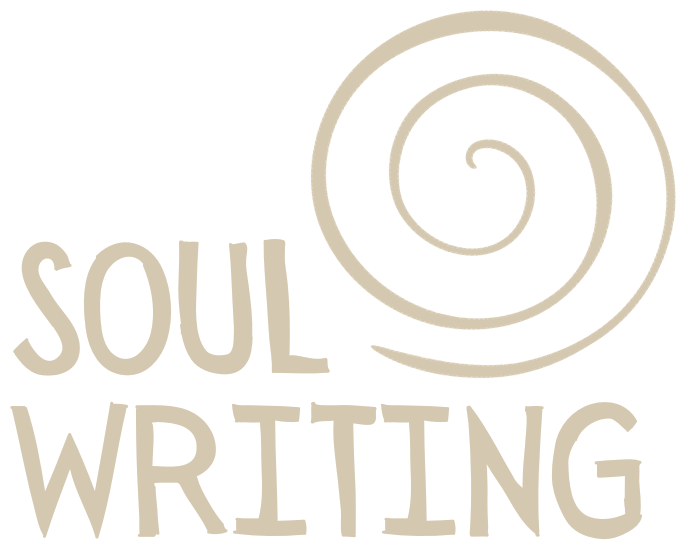Magnificent garbage
“Our bodies are garbage heaps: we collect experience, and from the decomposition of the thrown-out eggshells, spinach leaves, coffee grinds, and old steak bones of our minds come nitrogen, heat, and very fertile soil. Out of this fertile soil bloom our poems and stories…”
– Natalie Goldberg
It’s 10pm, my eyes are closed, and suddenly the elevator stops its descent just short of the ground floor of blissful oblivion. I’m suspended between levels, the doors open an inch, the lip of the floor visible at chest height. I punch the button – the familiar “G” with a star next to it (“this is where you belong; this is the way out”) – repeatedly. Nothing. I press the alarm bell, call for help, which only serves to jar me further, keep me wide awake, in it for the long haul.
Oh god. That thing I did. Didn’t do. The time I said too much, or not enough. Was complicit in cruelty. Committed cruelty.
Sixth grade, I’d just learned the term “no offense” and tried to compliment my classmate’s haircut by saying, “Nice hair, no offense.”
Age 38, when really I should have known better, having a DIY wedding reception and skimping on everything but the booze. Why was I so stingy? Why couldn’t I have invited more people, put a little more thought into making it a better time for everyone?
It was almost 30 years ago, but I’ll never stop regretting making my little sister embarrassingly late for her first day of high school because I was too busy being cool. For not sticking up for her — or myself. For giving up too often throughout my life. Asking for mercy from people who should have been asking me for forgiveness.
Yesterday. Sure I gave the man a buck as I headed into the store, but why couldn’t I have handed him a few more on my way out? Why did I think I had paid whatever it cost to allow me to ignore him from then on?
None of these events have done deep or lasting harm in the world. Still, despair cuts coldly through the darkness, shreds my warm duvet, freezes my eyelids open. What have I done, what have I done? Why didn’t I, why didn’t I …?
What are the memories, the fears, the flashes that steal your breath and your sleep and your peace of mind? Mine (clearly) tend to be regrets; my insidious critic telling me that everything that goes wrong in this world is my fault. Trauma does this too, of course—the things that happened to us over which we had no control. Or maybe it’s apprehension about the future: of a misstep, an unlived life, a losing control, of losing our loves, or our lives.
It all lives coiled in our bodies, reappearing in the most vulnerable moments, especially when we’re alone, still, quiet. The light of day aids us in keeping this stuff just below the tide line of consciousness. That’s when our armor, our survival strategies are strongest, most tidily assembled. At night, for many, that all comes apart.
Writing can be a way to grab one (or more) of these shadowy figures by the tail before it retreats back into its creaky coffin to sleep the day away, recharging so it can haunt us again that night.
What if you try spinning one of these demons into a tale? By “spinning a tale” I don’t mean fictionalize, necessarily. I just mean tell the story. Write the memory the way it happened. Let it play all the way out. Then, sure, maybe write it the way it would have happened. Should have. Write what you would have done differently. Write what you imagine happened after—happy ending, sad ending, bizarre ending. Write it and shake it up, shake it loose. Take away it of some of its energy. Ease its hold on your psyche.
Once you write it, however you do, it’s not in you anymore—at least not in the same way it was. It’s on the page. My teacher Nancy talks about getting these stories out of our livers. Indeed. This is where it all bunches. The liver. The pancreas. The lungs. The heart. Oh, the heart.
Write this junk out of your organs before it begins to rot them. Toss the magnificent garbage outside to rot on its own. You know what they say about one person’s trash. The most gorgeous, life-changing stories we read are often precisely this: ones the author simply can’t or won’t carry around anymore and have finally spilled out onto the page like so much compost.
The beautiful thing about compost, of course, is that it grows things. It nourishes the earth, sprouts new life. On the page, this crap is doing far less harm than it is subsisting in your body, draining your life force, robbing you of rest. It might even be doing some good. Clearing the memory could indeed reveal another one sitting right behind it. Great, dump that too. Clear acres of new space in yourself. Why not?
All that you remove becomes a benign offering to the world: at worst, compost simply becomes dirt (as will the very paper you wrote the thing on). At best, gardens grow.
We’ll explore all of this – gently! – in the next Soul Writing series in June.
